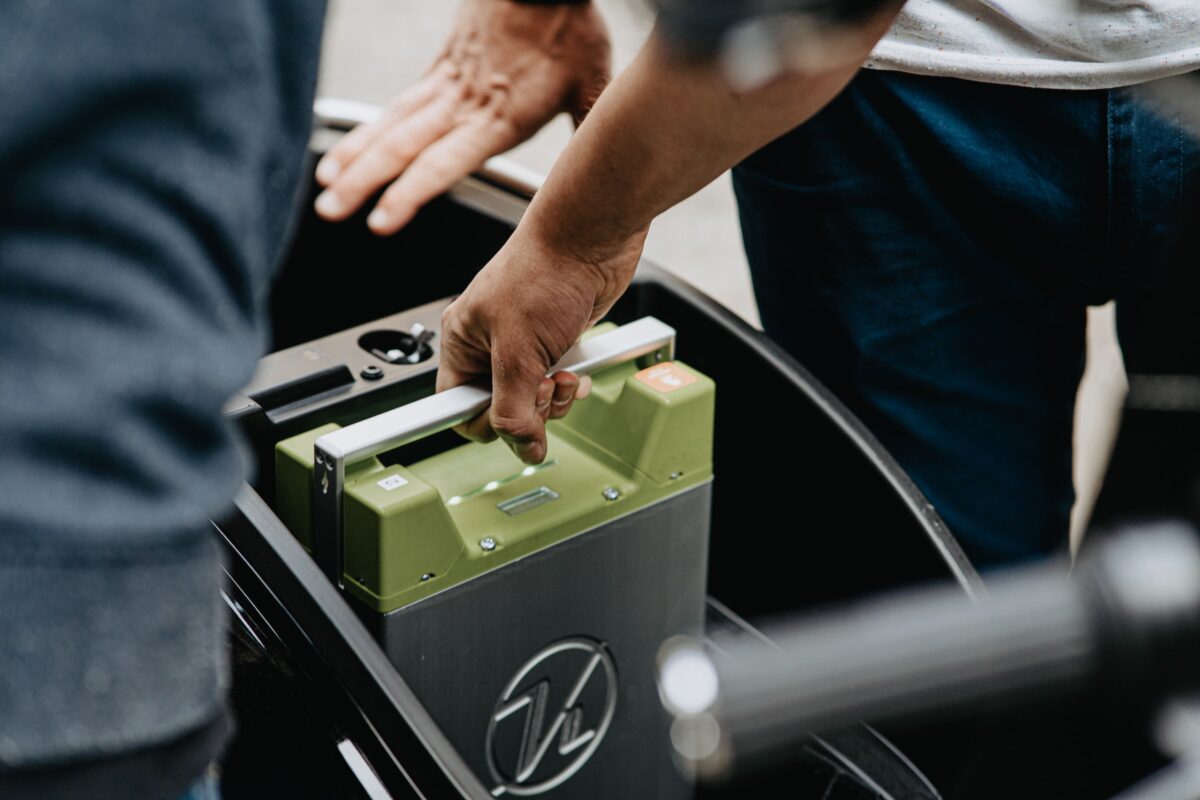All 3 major Canadian telecommunications companies will use 5 G European suppliers, in snub to Huawei.
Both BCE Inc. and Telus Corp. will use Scandinavian part manufacturers Nokia and Ericsson’s hardware to develop their next-generation 5 G networks throughout Canada.
BCE, Bell’s parent company, said Tuesday morning that it is partnering with Swedish telecommunications equipment manufacturer Ericsson to build its next-generation wireless network, known as 5G.
That makes Ericsson just the second company that Bell will allow on its network, along with Finnish supplier Nokia, with whom Bell announced in its quarterly earnings release in February it would work with.
Huawei, the Chinese technology company which has become a lightning rod because of its close relationship with the Chinese government, is notably absent from that list of two suppliers.
Huawei has been a household name in Canada in recent years since his vice president Meng Wangzhou was detained two years ago at Vancouver airport at the behest of U.S. authorities.
Many countries around the world say that Huawei’s close relationship with the Chinese government might expose spying on cellular networks.
The United States and Australia have forbidden telecom companies in those countries to use components from Huawei in their 5 G networks.
Currently the Canadian authorities are mulling over whether to allow Huawei to participate in Canadian networks. In a statement to CBC News, Canada’s Public Safety Minister Bill Blair said that the government is “taking all security factors into account, including those from our allies and our security agencies. We will ensure that our networks are kept secure and will take the appropriate decisions in due course.”
News from Tuesday indicates that either way the business is not hanging around for the judgment.
Telus announced a few hours after Bell ‘s move that it, too, would use Nokia and Ericsson for its 5 G network. That’s a deviation from what the company said as recently as February, when Telus announced it was moving forward with plans to roll out 5 G with Huawei equipment.
Huawei equipment is in use at both telecom companies on the lower-generation equipment, but appears to be in the process of being shut out of their 5 G plans. Patrick Horan, Agilith Capital’s portfolio manager, said Bell’s decision came as a surprise given Bell’s past support for Huawei and its current use of Huawei technology.
“They were probably the most outspoken of the carriers in Canada” in expressing their support for Huawei, he said.
Horan says a consideration in Bell ‘s decision was Huawei’s prickly relationship with governments outside China.
“[Bell] probably looked at their ability to garner any U.S. government telecom contracts with Huawei equipment in their [network]. My guess is that would be a negative for them,” he said.
“My guess is they decided to take that off the table.”
Rogers has a long-standing relationship with Ericsson on its current cellular networks, and revealed in 2018 that it would use Ericsson hardware for its 5 G network, which it started carrying out earlier this year in Toronto, Vancouver, Ottawa and Montreal.




